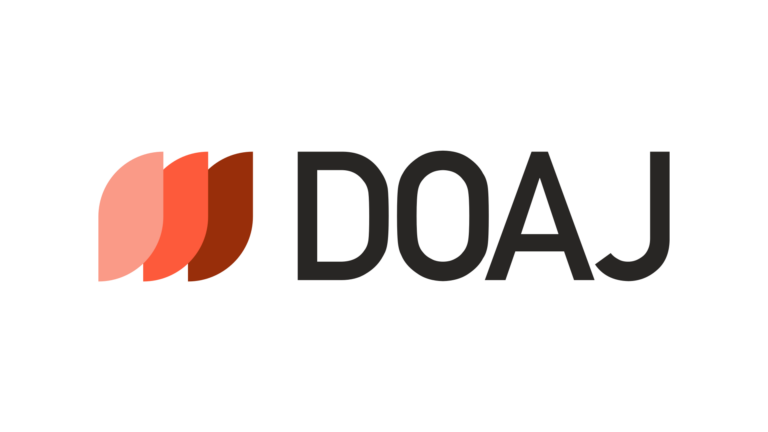TINJAUAN YURIDIS PENGALIHAN BENDA JAMINAN FIDUSIA DENGAN OBJEK BENDA PERSEDIAAN PADA PERJANJIAN KREDIT (Studi Putusan Mahkamah Agung Nomor 2654 K/PDT/2011)
Abstract
The problem in this study is that it starts with the execution of coffee beans which are fiduciary collateral objects that belong to PT. Cideng Makmur Pratama held by Deutsche Bank by Bank Rakyat Indonesia. Deutsche Bank filed a resistance to the execution because it felt the seed was his property, Deutsche Bank also filed a PMH lawsuit against BRI through a Jakarta district court and was won by Deutsche Bank, then BRI filed an appeal and won so that Deutsche Bank filed a Cassation and produced a decision No. 2654 K / PDT / 2011. This study aims to analyze whether the judge's legal considerations regarding fiduciary collateral holders of inventory items in decision No. 2654 K / PDT / 2011 is in accordance with the laws and regulations and also to know the legal protection of Deutsche Bank as a creditor against the transfer of collateral objects for fiduciary supplies.
This study uses normative juridical research methods, so that in this study the authors analyzed using secondary data sources. From the analysis carried out, it was found that the judge's legal considerations regarding the fiduciary collateral holder in the Decision Number 2654 K/PDT/2011 had not been in accordance with Law Number 42 of 1999 concerning Fiduciary Guarantees and Law No. 9 of 2006 concerning the Warehouse Receipt System and not in accordance with the petitum submitted by the applicant. Legal protection for Deutsche Bank is in the form of replacement of items that have been sold with the same or equivalent object and if the debtor does not replace the item with an equivalent value, Deutsche Bank has the right to pay from the sale of the collateral. This is based on the provisions of Article 21 paragraph (3) and (4) of Law Number 42 of 1999 concerning Fiduciary Guarantees. If the money from the sale is no longer available and there are still inventory items left, the creditor can execute in three ways, namely the executorial title, execution parate, and underhand execution.
Full Text:
PDFDOI: https://doi.org/10.20884/1.jih.2019.5.1.110
Refbacks
- There are currently no refbacks.

JURNAL IDEA HUKUM (ISSN Online: 2442-7241 | ISSN Print: 2442-7454) is licensed under a Creative Commons Attribution 4.0 International License.
Indexed by:








